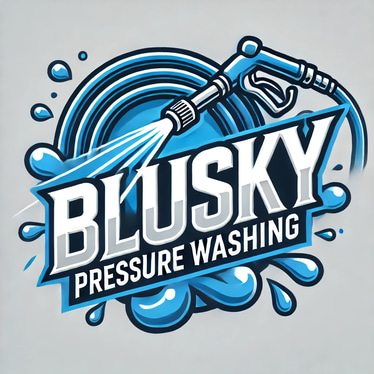Vinegar vs. Chlorine: The Battle of Household Sanitizers
2/19/20252 min read


Introduction to Sanitizers
When it comes to keeping your home clean and germ-free, two popular sanitizers often come to mind: vinegar and chlorine. Both options have their unique properties and advantages, making them valuable allies in your cleaning efforts. In this blog post, we will compare vinegar and chlorine to help you decide which one is best suited for your cleaning needs.
Vinegar: The Natural Cleaner
Vinegar is a versatile and natural cleaner known for its disinfecting properties. It is effective in killing a variety of bacteria and viruses, making it a great disinfectant for kitchen countertops, cutting boards, and bathroom surfaces. Besides its disinfecting abilities, vinegar also excels at:
- Deodorizing: Vinegar neutralizes unpleasant odors, making it ideal for eliminating smells in the kitchen and bathroom.
- Stain Removal: It can dissolve mineral deposits and soap scum, making it perfect for cleaning faucets and showerheads.
- Non-toxic Cleaning: One of the biggest advantages of vinegar is that it is non-toxic and safe to use around children and pets.
Chlorine: The Strong Sanitizer
On the other hand, chlorine, commonly found in bleach, is a much stronger sanitizer with powerful disinfecting capabilities. It is particularly effective against mold, mildew, and other tough germs. Here are some of the primary uses for chlorine:
- Disinfection: Chlorine is excellent for disinfecting bathrooms, kitchens, and even laundry, killing 99.9% of germs.
- Whitening: It can help whiten laundry and remove tough stains from white fabrics.
- Water Treatment: Chlorine is widely used for sanitizing drinking water and swimming pools, indicating its efficacy in larger applications.
Choosing the Right Sanitizer
Both vinegar and chlorine have their pros and cons, depending on your cleaning requirements. For daily cleaning, vinegar is a more environmentally friendly option that can tackle most germs while being safe for children and pets. However, for situations requiring intense disinfection or mold removal, chlorine may be the more effective choice.
When making your choice, consider the surfaces you are cleaning and the specific types of germs you wish to eliminate. Remember, if you choose to use both, never mix vinegar and chlorine, as the combination can produce toxic fumes. Ultimately, understanding the strengths of each sanitizer will help you maintain a cleaner, healthier home.
Services
BluSky pressure washing for residential and commercial properties.
Contact
About
info@bluskypressurewashing.com
© 2024. All rights reserved.
